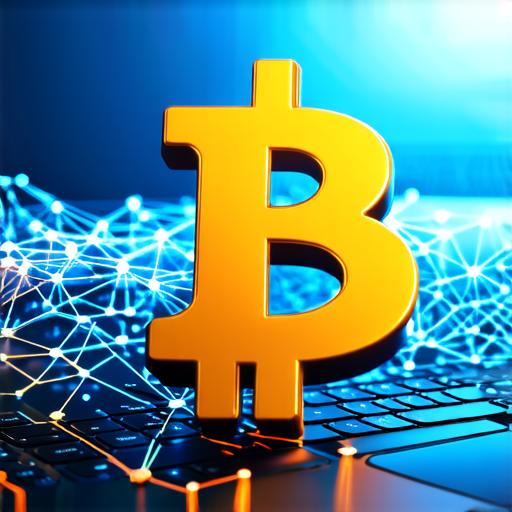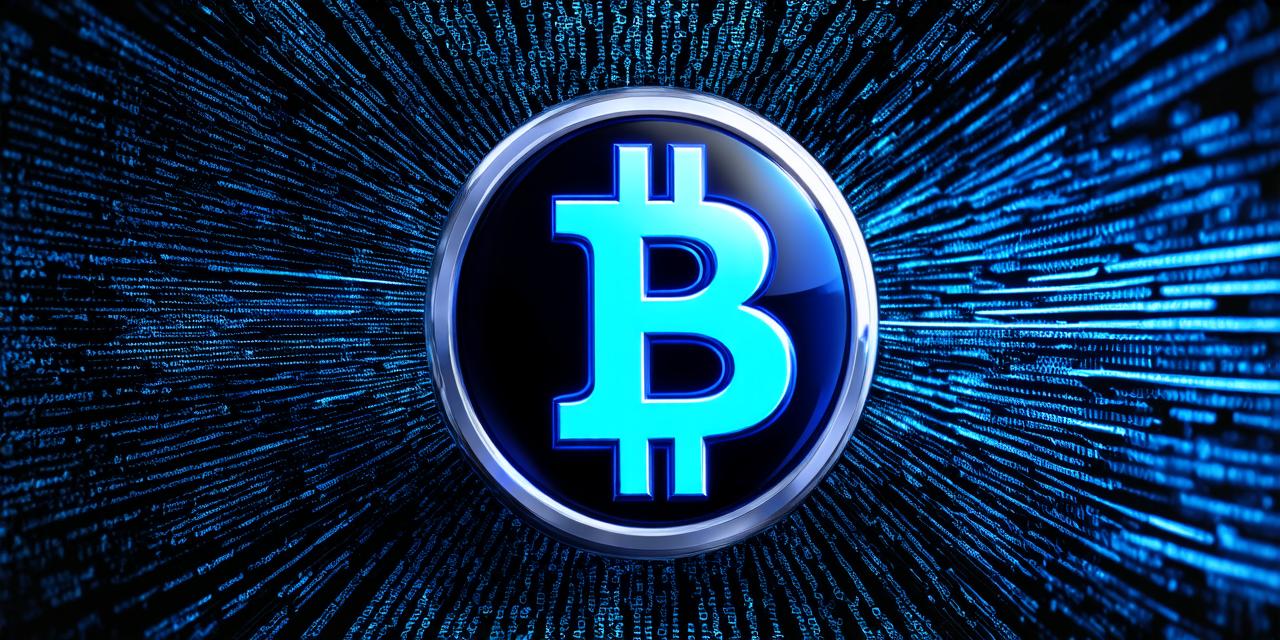Blockchain technology is becoming increasingly popular in various industries, from finance and healthcare to supply chain management and beyond. As a result, blockchain developers are in high demand, with salaries increasing at an average rate of 50% per year.

The Role of a Blockchain Developer
Blockchain developers are responsible for designing, building, and maintaining decentralized applications (dApps) on top of blockchain platforms such as Ethereum, Hyperledger, and Corda. They work with clients or companies to develop custom solutions that use blockchain technology to solve specific business problems.
Some common use cases include:
- Supply chain management: Blockchain can be used to track goods from the point of origin to their final destination, ensuring transparency and traceability for all parties involved. This is particularly useful in industries such as food and pharmaceuticals, where a single contamination or counterfeit product can have serious consequences.
- Financial services: Blockchain technology can be used to create secure and efficient payment systems, reduce fraud, and automate compliance processes. For example, banks can use blockchain to instantly settle cross-border payments and eliminate the need for intermediaries.
- Healthcare: Blockchain can be used to store and manage patient data securely and privately, while also enabling doctors to share information across different medical systems. This is particularly useful in remote healthcare settings where patients may not have access to specialized care.
Skills Required for a Blockchain Developer
Blockchain developers must possess a variety of technical and soft skills, including:
- Programming languages: A strong background in programming languages such as Solidity (for Ethereum), Java or Go (for Hyperledger), or C (for Corda) is essential for building blockchain applications. Knowledge of other programming languages such as Python or JavaScript can also be useful for testing and debugging code.
- Data structures and algorithms: Understanding how to design efficient data structures and algorithms is crucial for building scalable and secure blockchain applications. This includes knowledge of common data structures such as arrays, linked lists, and trees, as well as algorithms for cryptographic hashing, consensus protocols, and smart contract execution.
- Cryptography: Blockchain technology relies heavily on cryptography to ensure the security and integrity of transactions and data. Knowledge of cryptographic concepts such as public key encryption, digital signatures, and hash functions is essential for building secure blockchain applications.
- Blockchain platforms: A deep understanding of different blockchain platforms such as Ethereum, Hyperledger, and Corda is necessary to build applications that can run on these platforms. This includes knowledge of the unique features and limitations of each platform, as well as how to develop smart contracts and deploy them on the network.
- Communication skills: Blockchain developers must be able to communicate effectively with clients or team members who may have little or no technical expertise. They must also be able to explain complex concepts in simple terms and work collaboratively with other developers, designers, and project managers.
Responsibilities of a Blockchain Developer
Blockchain developers are responsible for a wide range of tasks, including:
- Designing and building decentralized applications (dApps) on top of blockchain platforms. This includes designing the application architecture, creating smart contracts, and integrating with external APIs or data sources.
- Testing and debugging code to ensure that it is secure, efficient, and meets the requirements of the client or company. This may involve manual testing, automated testing, and code reviews by peers or senior developers.
- Deploying applications on the blockchain network and managing the infrastructure required to run them, such as servers, storage, and databases.
- Maintaining and updating applications over time to ensure that they remain secure and functional as new technologies and standards emerge.
- Collaborating with other developers, designers, and project managers to deliver projects on time and within budget. This may involve working remotely with team members in different parts of the world.
A Typical Workday for a Blockchain Developer
A typical workday for a blockchain developer may involve a range of tasks, including:
- Meeting with clients or team members to discuss project requirements and progress.
